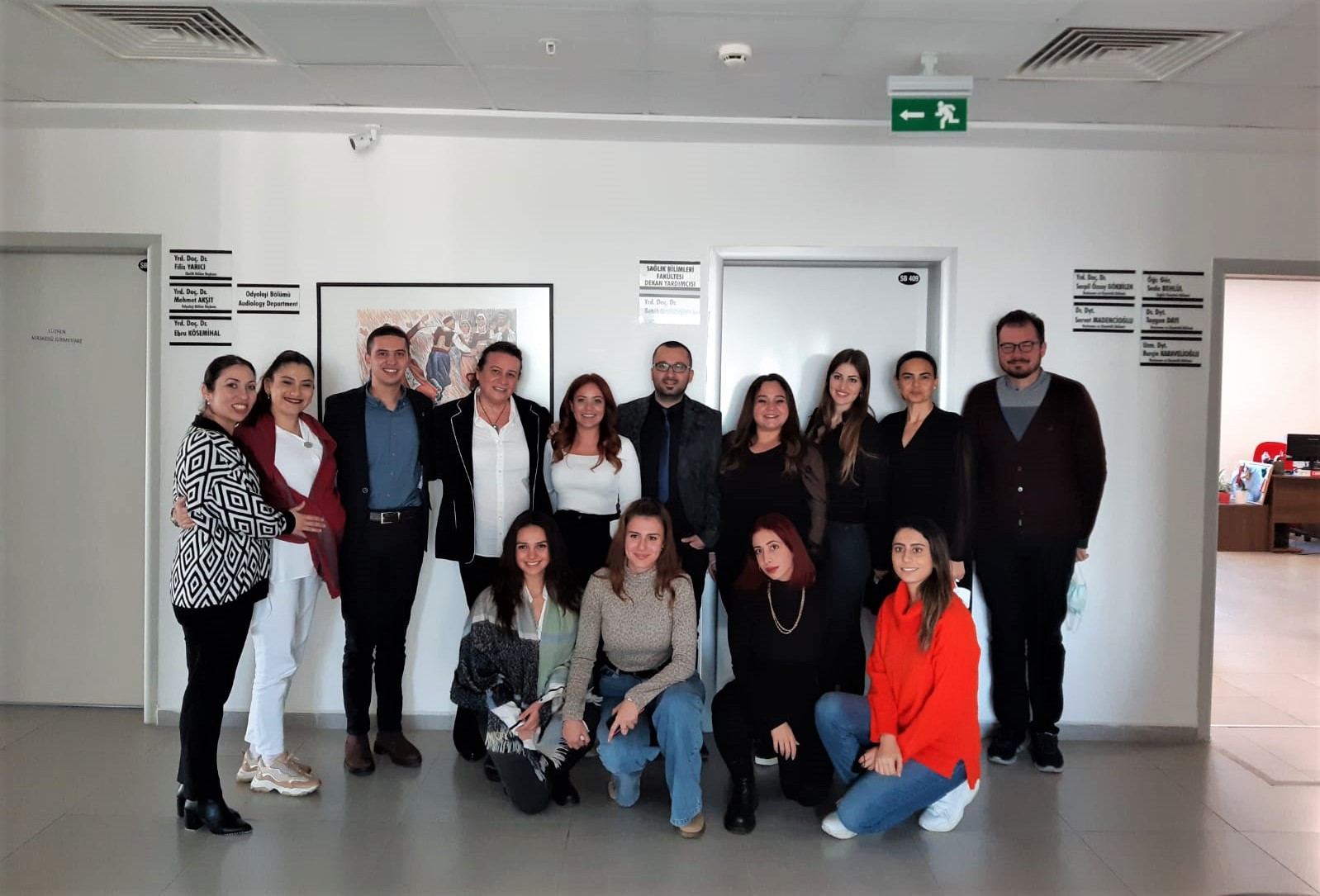
In the “Mediterranean Diet for Sustainable Life Symposium” hosted by the Faculty of Health Sciences of the Near East University and attended by speakers from the TRNC and Turkey, the Mediterranean Diet and sustainable life issues were discussed from global to local level.
In the “Mediterranean Diet for Sustainable Life Symposium”, which is one of the main research subjects of the Nutrition and Dietetics Department, which was held with the intense participation of the faculty members and students of the Faculty of Health Sciences of Near East University, the Mediterranean Diet, healthy life and sustainable living were discussed with its many dimensions from global to local level.
The healthiest nutrition model accepted as the common cultural heritage of humanity by UNESCO
The Mediterranean Diet, which is one of the healthiest nutrition models known in the world and included in the list of the common cultural heritage of humanity by UNESCO, is a diet based on the traditional cooking and eating habits of the countries on the Mediterranean coast. Consumption of vegetables and fruits, whole grains, olive oil, nuts and legumes, consumption of fish, milk and its derivatives are high in the Mediterranean Diet, which is a diet model in which meat and meat products are consumed less, and it is accepted as a lifestyle that includes adequate rest, physical activity and socialization.

Mediterranean Diet reduces the risk of many diseases
Studies show that the risks of diseases such as cardiovascular diseases, type 2 diabetes and cancer are significantly reduced in people who make the Mediterranean Diet a lifestyle. In addition to a healthy eating habit, a lifestyle suitable for the Mediterranean Diet contributes to the country’s economy by supporting local production, while the predominance of plant-based foods makes an important contribution to a sustainable healthy life.
Scientists discussed the Mediterranean Diet at the Near East University
Scientists from the TRNC and Turkey discussed the Mediterranean diet at the “Mediterranean Diet for Sustainable Life Symposium” hosted by the Near East University Faculty of Health Sciences. European Union Health Food Group Representative Prof. Dr. Murat Özgören drew attention to the sustainability and human factor on the planet, Assist. Prof. Dr. Müjgan Öztürk discussed the issue of sustainability in the context of the Mediterranean Diet, and Hasan Kalyoncu University Faculty Member Prof. Dr. Ayla Gülden Pekcan discussed the Mediterranean Diet and environmental health issues.
In the health panel held within the scope of the symposium, the young lecturers of the Faculty of Health Sciences of Near East University made presentations on their studies by discussing the relevance of the Mediterranean Diet with diseases.
Near East University, Faculty of Health Sciences, Department of Nutrition and Dietetics lecturer Dr. Taygun Dayı, in his presentation “Is the Mediterranean Diet Universal or Cultural?” shared the Mediterranean diet pyramid developed specifically for the Island of Cyprus with the participants.